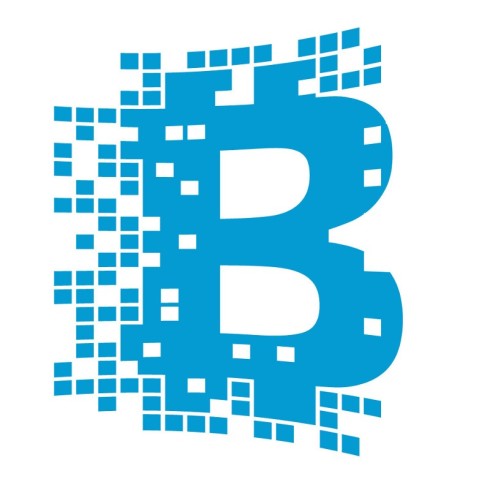Delaware’s Blockchain Initiative is a thing
Blockchain sounds substantial. Just by saying it, you know it is not some flimsy bullshit. It contains the words “chain” and “block” so it is some heavy duty shit.
Turns out, Delaware is way ahead of everyone in getting away from stupid old slow paper records for corporate legal and financial filings, and we are going to build on our lead in 2017… apparently… You know…it’s computers, what could possibly go wrong?
If 2016 marked the year that Delaware became the first US state to implement blockchain technology, 2017 will mark another first.
This year, we expect companies will be able to file documents on our distributed ledger, in addition to current filing procedures.
But while we’re just one state in one country, this move is no small feat – a large majority of the “foundational” documents of finance including incorporation documents (that form the foundation of securities markets) and UCC filings (that form the foundation of secured lending) – are filed here.
Delaware is home to more than 66% of Fortune 500 companies and 85% of initial public offerings, and many private companies and startups choose to incorporate in Delaware.
We anticipate that in 2017, filers will have the opportunity to use smart-contract versions of UCC documents on a distributed ledger, a move that helps us keep our historic first-mover status.
If, like me, you have only recently heard the word “blockchain” here is that wikipedia says about it:
A blockchain[1][2][3] — originally block chain[4][5] — is a distributed database that maintains a continuously-growing list of ordered records called blocks. Each block contains a timestamp and a link to a previous block.[6]:6 By design blockchains are inherently resistant to modification of the data — once recorded, the data in a block cannot be altered retroactively.
Blockchains are secure by design and an example of a distributed computing system with high byzantine fault tolerance. Decentralised consensus can therefore be achieved with a blockchain.[7] This makes blockchains suitable for the recording of events, title, medical records and other records management activities, identity management, transaction processing and proving provenance.[citation needed] This offers the potential of mass disintermediation and vast repercussions for how global trade is conducted.
It sounds like a blockchain based utopia is just around the corner.
By 2014, “Blockchain 2.0” was a term referring to new applications of the distributed blockchain database.[12] The Economist described one implementation of this second-generation programmable blockchain as coming with “a programming language that allows users to write more sophisticated smart contracts, thus creating invoices that pay themselves when a shipment arrives or share certificates which automatically send their owners dividends if profits reach a certain level.“[1] Blockchain 2.0 technologies go beyond transactions and “exchange of value without powerful intermediaries acting as arbiters of money and information”. They are expected to enable excluded people to enter the global economy, enable the protection of privacy and people to “monetize their own information”, and provide the capability to ensure creators are compensated for their intellectual property. Second-generation blockchain technology makes it possible to store an individual’s “persistent digital ID and persona” and are providing an avenue to help solve the problem of social inequality by “[potentially changing] the way wealth is distributed.“[13]:14–15 As of 2016, Blockchain 2.0 implementations continue to require an off-chain oracle to access any “external data or events based on time or market conditions [that need] to interact with the blockchain.”[14]



Basically, Fight Club’s ending can’t ever happen now…
Which leads me to ask, what the fuck good are all these hackers? Why haven’t they erased the Trillions of Dollars of Debt? That’s how you know most of this stuff is government lead!
There is a popular TED talk on this. I still don’t understand it. It seemed to me to boil down to “It’s on the internet so it must be true.”
If it will “solve the problem of social inequality by potentially changing the way wealth is distributed” some one will find a way to kill it.
Yeah whoever wrote that was ridiculously pollyannish.
This statement makes more sense: “… automatically send their owners dividends if profits reach a certain level.” As we all know dividends come first and are absolutely sacrosanct.
I wrote quite a bit about the Blockchain back in August. The plans for it in education are NOT good. Not in the least bit…
https://exceptionaldelaware.wordpress.com/2016/08/22/jack-markell-blockchain-coding-schools-rodel-brinc-pathways-to-prosperity-registered-agents-delawares-role-in-the-ledger/